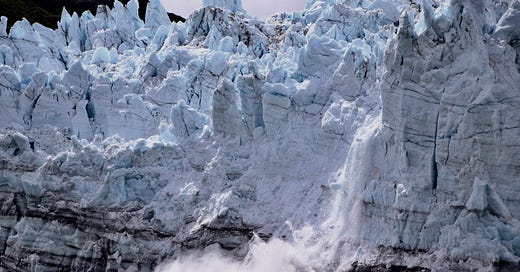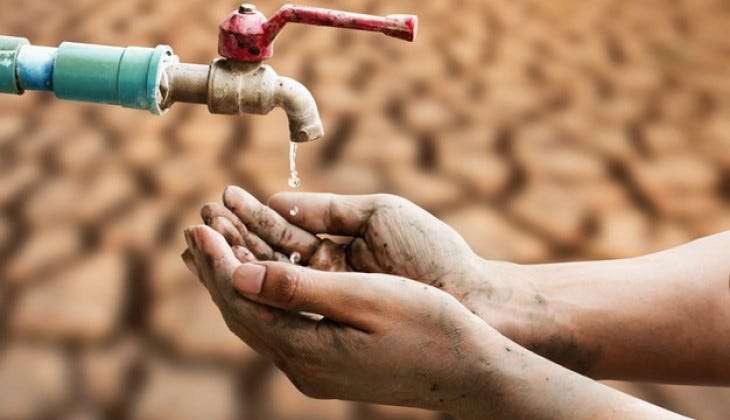IPCC sixth assessment report — Part 1: A man-made disaster which requires profound action
In a three-part series, The Beubble explores the latest report of the International Panel on Climate Change. In short: progress are on the way, but not as fast as it should.
The most recent IPCC report, finalised on 19 March 2023, builds on the same message as its predecessor. Global warming is a serious issue that necessitates decisive global and local action.
In this edition of The Beubble, and over the next two articles, I would like to go through the Summary for Policymakers (SPM), a short 30-page version of the latest Synthesis Report of the Sixth Assessment Report (SYR AR6) of the International Panel on Climate Change (IPCC).
But before we dive in, subscribe to The Beubble. Don’t miss any episode of this series on the latest IPCC AR6 SYR report.
Climate change: a man-made disaster
The IPCC synthesis report for policymakers opens with a state-of-the-art of climate change research. It assesses the current statutes and trends of global warming.
It is obvious now that global warming is a man-made issue. The scientists of the IPCC estimate humanity to be at the origin of 1,07°C global temperature increase from 1850. The last decade hit a new record in Greenhouse Gas (GHG) permissions, although the rate of growth has decreased.

The consequences of global warming
Global warming already has severe consequences. Three billion people live in areas that are highly vulnerable to climate change, facing food, water, and economic insecurities.
Substantial damages have been caused to the ecosystems, some irreversible, such as glaciers. Agricultural productivity growth is limited by global warming factors, especially in the fisheries sector.
Furthermore, the IPCC estimates that half of the world currently experiences water scarcity. Food-, water-, and vector-borne diseases are likely to increase in frequency and intensity because of climate factors. Additionally, some mental health disorders and trauma are linked to climate change.
All these damages are unequally distributed across systems, regions, and sectors.
Progress is on the way
Yes, actions are being taken, and the IPCC reports serious progress. But it is not enough. By far.
170 countries, the IPCC identifies, implemented climate change mitigations and adaptation policies. Yet, they are far from sufficient:
Despite progress, adaptation gaps exists accross sectors and regions, and will continues to grow under current levels of implementation. — IPCC report
Barriers to more effective approaches, the report reads, are a lack of resources and financing, and low political and private engagement.
In the next episodes, we will explore the future long- and short- term responses and risks that the IPCC is exposing in the report. Don’t forget to subscribe not to miss an update.
Alexandre Météreau is the author of The Beubble, and a specialist in European policies and politics. Discover more about Alexandre at alexandre-metereau.eu.
Share this piece to a friend who might be interested.





